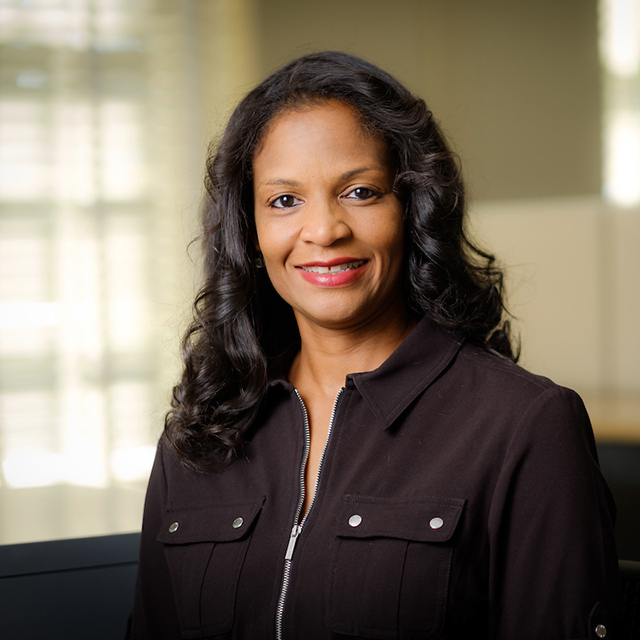Q&A with a Career Coach: Cheryl Hicks
The following is a conversation with one of our Wake Forest career coaches, Cheryl Hicks, Assistant Director for Career Education and Coaching. Cheryl specializes in working with students interested in Economics, Mathematical Economics, and Politics and International Affairs. She also serves as liaison to the Intercultural Center and Magnolia Scholars. Below, she shares key tips for young professionals on navigating their path from college to the professional world as well as specific strategies on navigating the DC market.
Tell us a little about yourself and how you ended up at Wake Forest.
My name is Cheryl Hicks and I have 20+ years of business experience with the last 8 years being in higher education. My current role is a Career Coach in the Office of Personal and Career Development. I moved to Winston-Salem in 2011 with my spouse who took a position as faculty and I became a staff member at Wake Forest three years later.
What are 1-2 of the biggest challenges that you see people struggling with in their post-college professional lives? What advice would you give to them?
In post-college professional life, I see people facing the challenge of lack of diverse experience. The ability to communicate a more compelling story about yourself begins with taking advantage of various types of opportunities to develop your skill set and acquire knowledge beyond their realm of expertise. Making an effort to be a perpetual learner will prove to be an asset in conversations and establishing new connections in building your network.
What are 1-2 strategies that you would advise young professionals to incorporate as they make the transition from college to life after college?
ABC – Always Be Curious. No matter where you land after college always have a curious mindset and engage in conversations with those around you – ask them questions, learn who they are and what they do, but with a genuine approach. People need to know your “story” and goals, as well as you need to know theirs. It’s through conversation that you advance to the next level, discover different perspectives, and be exposed to new opportunities. Actively listen more than you speak.
You do a lot of work with people who are interested in careers in the DC area. We all know that DC is the place to go for politics. But what else can young professionals do if they’re interested in living and working in DC?
DC is a vibrant city of various opportunities and tends to welcome anyone with fresh new ideas. DC has a vibrant art culture of visual and performing arts and of course museums that welcome professionals with degrees from history to science to business. For those who are impact “thinkers,” there are prominent consulting firms, think tanks, and non-profit organizations that utilize all sorts of skill sets. Education, marketing, and international relations also offer young professionals a platform to build a career.
What are some good tips for young alumni to best position themselves for these roles? Any other tips on living and working in DC?
DC is a huge networking-type city! Meeting and getting to know people, attending events from city activities to happy hours, and following up on conversations is relatively constant when establishing yourself in DC. That said, the best way to position yourself is to be there. Opportunities in DC move quickly and the advantage of being in the city significantly increases your success of landing a position.
Living in DC can be expensive, therefore, consider what is feasible for your income. For example, would living just outside DC city limits be more cost prohibitive for as you potentially commute to work inside DC city limits?
Final thoughts: What do you wish that every young professional would know or be able to do?
One of my wishes for every young professional is to keep an open mind. Your first position will not define your career forever. Continue to explore your interests whether it has to do with your degree or not and allow yourself to trust in your values, skills, and doing what makes you happiest.
Another wish I have for young professionals is to understand that making smart decisions begins now – in your 20’s. Build on your identity and work capital by taking on jobs, hobbies, and recreational activities that could lead to greater opportunities, but still bring you joy.

